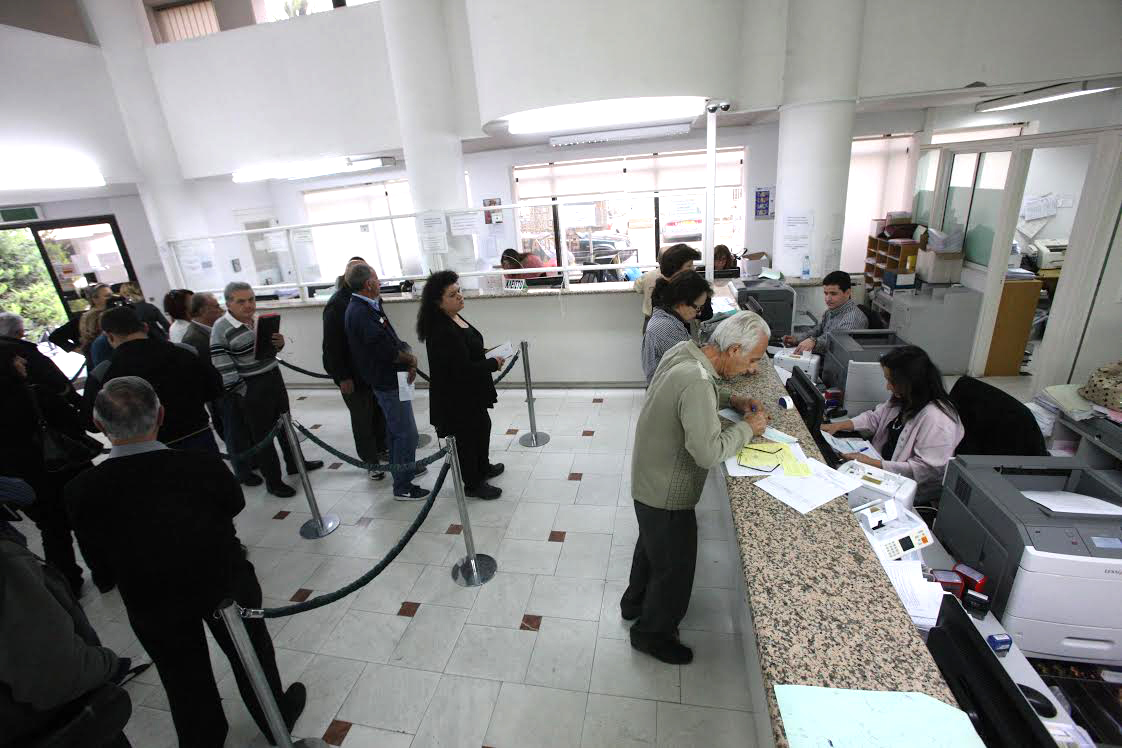When the government decided to increase cost of living allowance (CoLA) from 50 per cent to 67 per cent of its calculated value for the year, it gave no thought to the consequences. This was, after all, an election pledge of President Nikos Christodoulides that had to be honoured, so with the rate of inflation at about 8 per cent, all public employees received a hefty pay rise that, from an economic point of view was totally unjustified – it was a purely inflationary measure as there had been no corresponding increase in productivity in the public service.
The finance ministry understood that the automatic indexing of wages was a built-in mechanism (boosted by raising CoLA to 67 per cent) for the bloating of the public payroll, which is growing at a worrying rate once again – this year it will reach €4.3bn. The IMF, which had repeatedly warned about the danger posed to public finances by the big annual increase of the payroll, was asked by the ministry to prepare proposals on bringing payroll expenditure under control. Pasydy was outraged when it was informed the IMF, among other things, proposed scrapping CoLA and the 13th salary in the public service.
These proposals came at a time when Pasydy and the other main unions demanded that CoLA be paid in full (100 per cent of its calculated value). After the government agreed to increase it to 67 per cent, it was only a matter of time before unions would seek its “full restoration,” a prospect that alarms the technocrats of the finance ministry. Christodoulides is now looking for some way to reduce CoLA. Speaking at the Pasydy congress on Tuesday he said, “what is important, especially today, with regard to the payment of CoLA is its fairer distribution, in a way that we really help those genuinely in need.”
The Pasydy chief, Stratis Mattheou, in his speech, responded by saying that CoLA was not a tool for exercising social policy, nor an increase in workers’ pay (which it was), but an “automatic indexing adjustment” of wages, a tool that kept them in line with the cost of living. And he wanted it to be fully restored for everyone including the highest-paid public employees, because it was not a social policy tool. Raising it to 67 per cent was an admission by the government that CoLA was necessary for protecting wages, so how could it object to paying it in full? Christodoulides, avoiding a confrontation, expressed the belief that dialogue would produce a “positive result.”
It will not, and the president is naïve if he believes that additional measures of preferential treatment for public employees, would persuade Pasydy to lower their demands on CoLA. He told the congress that before the end of this month the council of ministers would approve measures to ensure a better ‘work-life balance for public employees.’ Parents or carers of children under 15 years of age would be allowed to work two hours less each day, while the government would gradually introduce hybrid work practices. The latter is the sweetener he hopes would persuade public employees, who are demanding the right to ‘work from home’, to compromise on CoLA.
None of these measure should be approved before CoLA is discussed because the likelihood is that ‘work from home’ would be agreed without any concession made on CoLA by Pasydy. In fact, hybrid work for civil servants is a terrible idea, guaranteed to fail because the conditions for it to be a success do not exist in the civil service. Key performance indicators, specific deliverables and data availability are unheard of in the state machinery, so how would civil servants’ productivity be monitored when they are working from home? Realistically, how can workers renowned for their low productivity in an office environment be trusted to work from home? Low productivity would simply become lower. Is this what the government wants?
As in the case of the increase of CoLA, in which no serious thought was given to the consequences and implications for the economy, (like the possibility that unions would want it increased) government has taken an equally superficial approach to ‘work from home.’ It hopes to fix one disastrously irresponsible and costly decision with a measure that is guaranteed to end in total failure.






Click here to change your cookie preferences